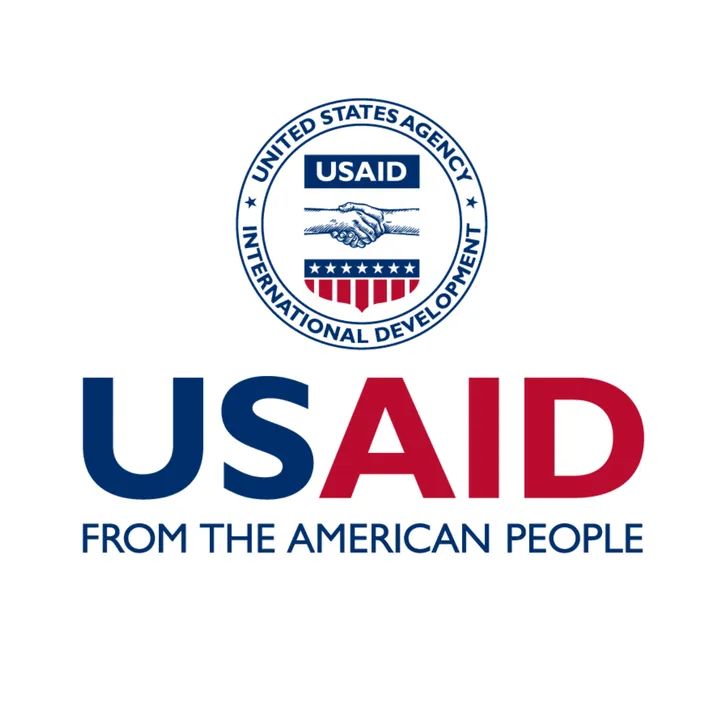By Lawan Bukar Maigana
In the wake of a recent claim by a U.S. Congressman alleging that USAID funded Boko Haram and other terrorist organizations, social media has been flooded with reactions-ranging from the highly educated to the least informed, many of whom seem to agree with the assertion. This has sparked a wave of debate and confusion, prompting me to reflect on the plausibility of such a claim. Let us critically examine the narrative and ask a few questions to better understand the situation.
The claim raises the question: How did USAID influence the Nigerian government to reinforce ‘Operation Flush’ under the Yar’adua administration? This operation implemented an “ailment policy” in Maiduguri, which the late Boko Haram leader, Muhammad Yusuf, vehemently resisted. His resistance ultimately led to the emergence of Boko Haram as a violent insurgent group. If USAID was indeed involved, how did its actions contribute to the rise of Boko Haram? This is a critical point that requires clarification before accepting the claim at face value.
Another question begging for answer: How did USAID influence herdsmen to invade farms, provoke farmers into retaliating by stealing cattle, and subsequently enrage ricalcitrant like Bello Turji and his group? Turji and his team are said to have mobilized funds, acquired weapons (reportedly from corrupt security officials), and taken hostages. If USAID orchestrated this chain of events, how exactly did they plan and execute such a complex series of actions? These questions must be addressed to substantiate the claim that USAID sponsored these activities.
The claim also fails to explain how USAID influenced parents to have children they could not care for, leaving them to grow up on the streets and resort to kidnapping as a means of survival. This is a deeply rooted socioeconomic issue, tied to poverty, lack of education, and inadequate access to basic needs. How does USAID fit into this narrative? Without clear evidence, it is difficult to accept that an external agency is responsible for these internal challenges.
As someone who grew up in Maiduguri, I witnessed firsthand how Boko Haram evolved. The group extorted billions of naira from wealthy individuals and banks, using these funds to recruit hundreds of young people. Many of these recruits were angered by policies such as the ban on motorcycles in Maiduguri, which disrupted their livelihoods. How did USAID play a role in these local dynamics? Unless there is concrete evidence that USAID redeveloped locally formed terror groups, it is hard to believe that they created and funded them.
This is not a defense of USAID. Rather, it is an appeal for logic and critical thinking. While the claim may resonate with those who distrust foreign intervention, it is essential to separate fact from fiction. I agree with Nigeria’s Chief of Defence Staff that these insurgent groups now have foreign backing. However, this does not necessarily implicate USAID. The U.S. government, particularly under the Trump administration, must act responsibly and refrain from spreading unverified claims that could undermine its own agencies.
The allegation that USAID funded Boko Haram and other terrorist groups is a serious one that demands thorough investigation. While it is easy to blame external forces for internal problems, we must not overlook the complex local factors that contribute to the rise of insurgency and terrorism. Critical thinking, evidence-based analysis, and a commitment to truth are essential in addressing such claims. Only then can we move closer to understanding the root causes of these challenges and finding sustainable solutions.
Let us not be swayed by sensational claims without evidence. Instead, let us focus on building a more informed and rational discourse around these critical issues.
Lawan Bukar Maigana is an award winning journalist from Borno State


